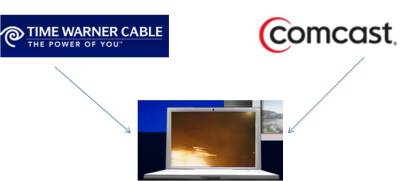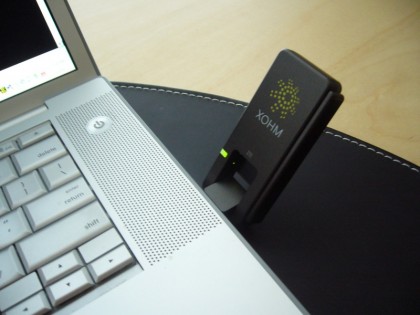
Although we’ve seen some minor attempts by cable operators to let subscribers place-shift their TV programs – witness Comcast’s Any Room initiative – for the most part cable TV customers are stuck watching their shows in one place. Today several news outlets are reporting that the big cable companies have a plan in the works to change that. Time Warner Cable and Comcast are both looking to make their content available online to existing subscribers. The service would theoretically replicate Slingbox functionality, except without the extra box.
I have extremely mixed feelings about what Comcast and TWC are trying to do. As a consumer, this doesn’t do much for me. So much TV is already available on the Internet, I don’t feel like I’m missing much. On the other hand, it makes sense for cablecos to start aggregating content online. They need a presence on the Web, and as long as consumers are using up their bandwidth to watch TV online, the cable companies may as well be getting some of the revenue. In other words, what’s the downside?
